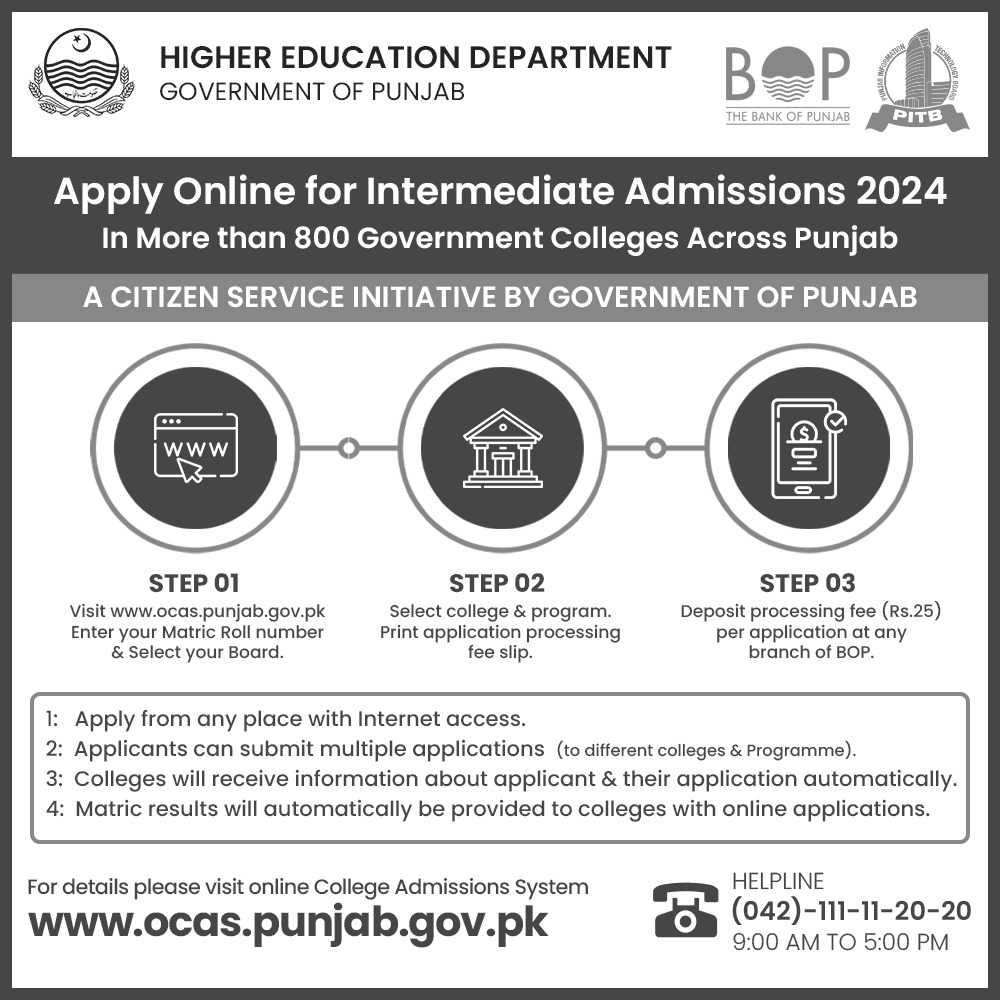- Introduction:
Begin by defining accredited, explaining that this refers to institutions offering fully or partly programs that hold accreditation from recognizedhttp://How to verify college accreditation agencies (regional or national). Highlight why this phrase matters to readers: it ensures quality, transfers of credits, access to federal aid, and employer recognition.

What Is Accreditation and Why It Matters for Online Colleges Accredited?
- Quality assurance: Accreditation involves a rigorous review of curriculum, faculty qualifications, student support, and institutional governance ([Accredited
- Credit transferability and grad school admission: Degrees from regionally accredited schools more easily transfer or qualify for master’s and doctoral programs ([Coursera][2], Colleges][1]).
- Federal financial aid eligibility: Only accredited by U.S. Department of Education–recognized agencies are eligible for federal student loans and grants ([Coursera][2], [Accredited Online Colleges][1]).
- Employer confidence: Employers typically require degrees from accredited institutions, and many do not consider degrees from unaccredited or diploma-mill schools ([investopedia.com][3]).
Table of Contents
Types of Accreditation Relevant to Online Colleges Accredited
- Regional Accreditation: The “gold standard” obtained from agencies like HLC, MSCHE, NECHE, NWCCU, SACSCOC, WSCUC. It ensures widespread acceptance and transferability ([Accredited Online Colleges][1]).
- National Accreditation: Often covers vocational or for-profit schools; credits may not transfer regionally, and degrees may be less widely recognized ([Accredited Online Colleges][1], [Coursera][2]).
- Programmatic Accreditation: Covers specific programs (e.g., CAEP for education, CCNE for nursing). A school may be regionally accredited and also have program-level recognition—for example, an online college accredited in business, education, or technology ([en.wikipedia.org][4], [elearningindustry.com][5]).
Top Online Colleges Accredited in 2025 (U.S. Examples)
Western Governors University (WGU)
WGU is regionally accredited by NWCCU and holds multiple programmatic accreditations (CAEP, CCNE, ABET, ACBSP) ([en.wikipedia.org][4]). With over 185,000 online students and affordable competency‑based tuition (~\$8,300/year), it’s a leader among online colleges accredited ([onlineu.com][6]).
Southern New Hampshire University (SNHU Online)
With nearly 158,000 online enrollments, SNHU is regionally accredited (NECHE) and offers 200+ programs at affordable rates (~\$9,600/year) ([TheBestSchools.org][7]).
Arizona State University Online (ASU Online)
Accredited by HLC, ASU offers 300+ online degree and certificate programs, with strong student support and a high innovation ranking ([compareonlinecolleges.com][8]).
Penn State World Campus
Part of Penn State, regionally accredited by MSCHE, offers over 150 online programs including graduate degrees and certificates ([sscguides.com][9]).
Oregon State University Ecampus
Regionally accredited (NWCCU), ranked among the top 10 online bachelor’s programs by U.S. News for 11 consecutive years ([en.wikipedia.org][10]).
University of Maryland Global Campus (UMGC)
Regionally accredited by MSCHE, dedicated to working adults and military learners with over 135 online programs ([en.wikipedia.org][11]).
Colorado State University–Global Campus (CSU Global)
Public, online-only university regionally accredited by HLC; built to serve working adults with flexible degree pathways ([en.wikipedia.org][12]).
American Public University System (APUS)
Operates APU and AMU; regionally accredited by HLC and serves over 88,000 students, including many military learners ([en.wikipedia.org][13]).
International Examples of Online Colleges Accredited
- Athabasca University (Canada): A public, distance-education institution accredited by Canadian and U.S. recognition (MSCHE among affiliations), serving tens of thousands online learners globally ([en.wikipedia.org][14]).
- Indian institutions (e.g. MAHE, Nitte, Yenepoya) are expanding UGC/AICTE‑accredited online programs, offering degrees recognized in India and beyond ([timesofindia.indiatimes.com][15]).
Comparing Accredited vs. Unaccredited Online Colleges
- Degree recognition: Accredited colleges—especially regionally accredited—are universally recognized. Unaccredited or nationally accredited for‑profits often face skepticism, limited transferability, and fewer employer acceptance ([investopedia.com][3], [Reddit][16], [Reddit][17]).
- Cost vs. value: Some high‑tuition, for‑profit schools may not offer ROI proportional to expense. Tuition-free or low-cost accredited options like WGU, APUS, or public universities often yield better outcomes ([investopedia.com][3], [investopedia.com][18]).
- Support & curriculum: Accredited online colleges typically offer structured curricula, faculty oversight, technical support, and student services on par with brick‑and‑mortar peers ([elearningindustry.com][5], [Coursera][2]).
How to Choose a Top Online College Accredited
- Verify accreditation status via CHEA or U.S. Department of Education databases—not just the school website ([WIRED][19], [Accredited Online Colleges][1]).
- Prioritize regional accreditation over national for better credit transfer and acceptance ([Accredited Online Colleges][1]).
- Check programmatic accreditation if you need licensing (e.g., CAEP for education, CCNE for nursing) ([en.wikipedia.org][4], [Accredited Online Colleges][1]).
- Compare total cost, support services, graduation and post‑grad rates and student reviews ([onlineu.com][6], [onlineu.com][20], [investopedia.com][18]).
- Consult rankings such as U.S. News Best Online Programs for quality benchmarks ([US News][21]).
Future Trends among Online Colleges Accredited
- Increasing adoption of micro‑credentials and stackable degree paths, allowing learners to build towards full degrees incrementally.
- Use of AI‑driven personalized learning to tailor content and adapt pacing.
- Growth in global and inclusive access, with more international institutions offering accredited online degrees (e.g. India’s MAHE, Athabasca) ([timesofindia.indiatimes.com][15], [en.wikipedia.org][14]).
Employment Benefits from Degrees at Online Colleges Accredited
- Employers recognize such degrees, especially from well‑known accredited institutions like WGU, ASU, UMGC.
- Graduates report no stigma and often highlight digital fluency and self‑initiative—skills valued in remote and blended workplaces ([Reddit][17]).
- Military-focused institutions (UMGC, APUS) provide additional career-transition support and GI Bill advantage.
Real-World Student Perspectives
- A student from WGU: “I earned my undergrad and master’s through WGU… no employer ever questioned my degree… flat‑rate model suits me” ([Reddit][17]).
- A Reddit user: “University of Phoenix and others have graduates in the workforce—but traditional regionally accredited programs like Arizona State or WGU are more respected” ([Reddit][16]).
Final Thoughts: Why Focus on Online Colleges Accredited in 2025
Choosing online colleges accredited is crucial if you want a degree that’s recognised, transferable, eligible for aid, and respected in the job market. In 2025, credible online institutions—from WGU and ASU to UMGC and CSU Global—offer diverse, affordable, and accredited degree paths. Always verify credentials through official databases, focus on regional and programmatic accreditation, and compare support, cost, and outcomes before enrolling.